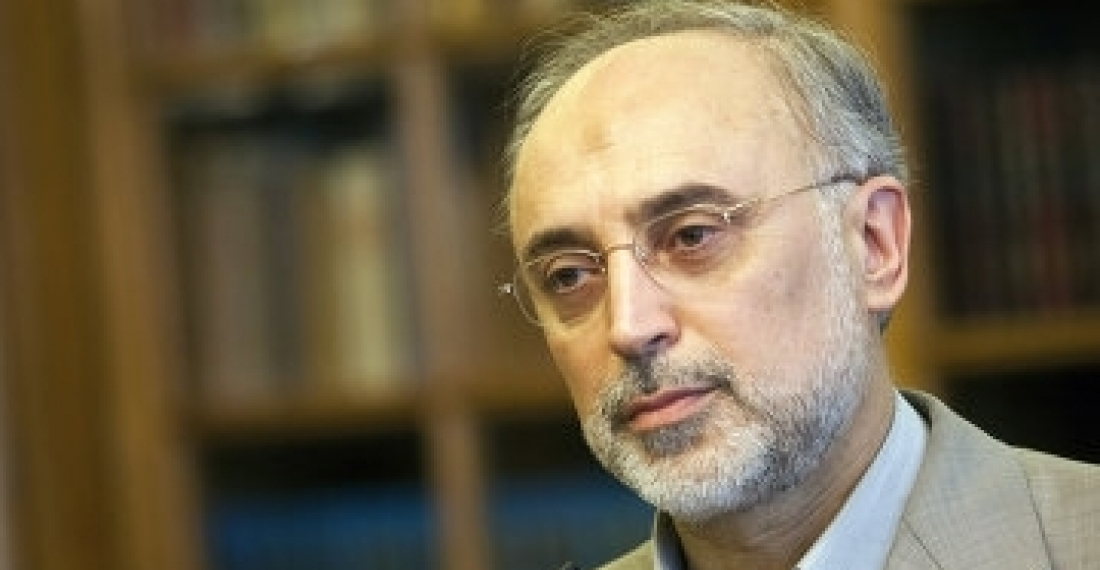Iran has implemented its nuclear program for ten years already and the world community's charges that it is not peaceful are groundless, Iranian Foreign Minister Ali Akbar Salehi said during a joint press-conference with his Armenian counterpart Edward Nalbandyan on Tuesday.
Salehi said that he has been Iran's representative to the IAEA and perfectly knows that this is a political rather than technical or legal matter.
"Were it a technical or legal matter, we would respond," Salehi said.
He said that a few years ago the IAEA asked Iran six questions. Iran answered all of them in a special report. But the West found another pretext and started accusing the country of trying to create a nuclear weapon.
Salehi said that the IAEA is the only international organization that has the right to opine on nuclear programs, but, on the other hand, it has no authority to interfere in non-nuclear affairs. The charge
of an effort to create a nuclear weapon is an attempt to suspect of a crime based on a supposition only.
Salehi said that Iran is certain of what it does. Its position is clear and well grounded. Both the religious and political leaders of the country have repeatedly said that they are not going to create a nuclear weapon, which is proved by the country's military policy.
Salehi said that if the Iranian authorities actually wanted to create a nuclear weapon, they would say it. But their reason and experience tell them that nuclear weapon is not a means of prevention for them.
And so, the IAEA's charges are just an attempt to exert pressure on Iran.
Salehi said that the United States' charges that Iran was privy to the murder of the ambassador of Saudi Arabia to Washington are just a funny Hollywood script. They in Iran have been aware of it for 30
years already but are still firm and consolidated while such approaches question the IAEA's impartiality.







